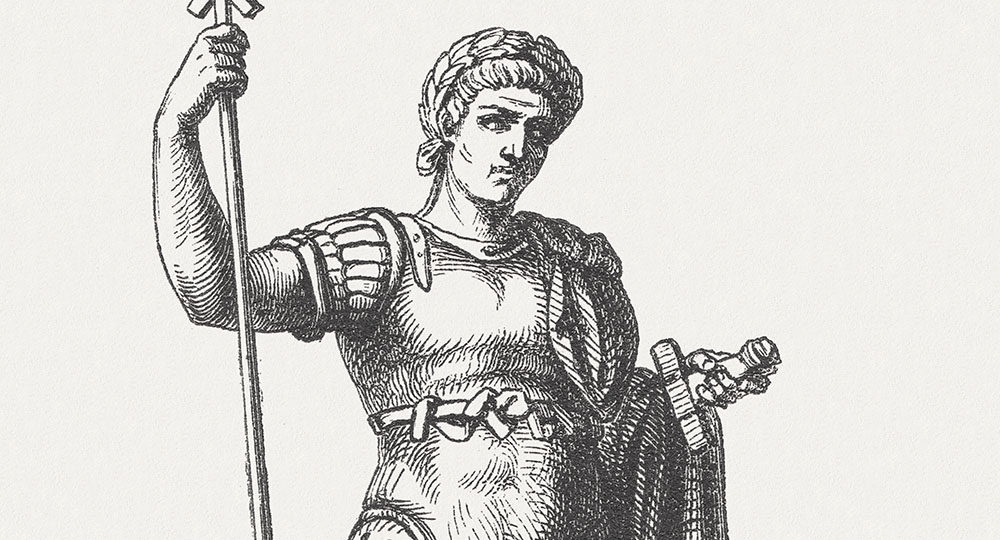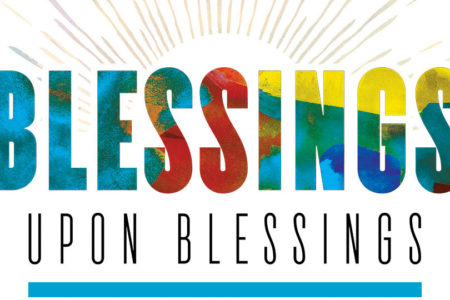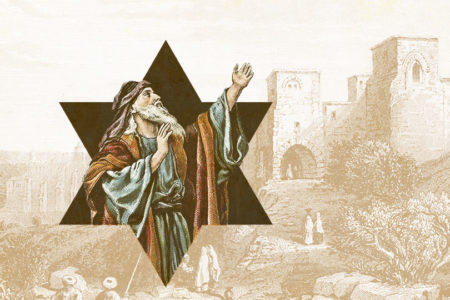Constantine’s Pretext
The real reason behind the separation of Passover and Easter
Since Jesus died and was resurrected during the Passover season, you would think the celebration of Passover and Easter would be inextricably linked. They might have been, if not for a disturbing decision rooted in church-sanctioned anti-Semitism.
The Jewish community celebrates Passover on the 14th day of the Jewish month Nisan (March/April; Lev. 23:5). Some early Christians, primarily in Asia Minor, celebrated Easter on Passover, regardless of the day of week on which Passover fell. (Passover is a single day, followed by seven days of Unleavened Bread. Most people today, however, refer to the entire eight days as Passover.)
Christians in Rome and Alexandria (Egypt), however, celebrated Easter on the Sunday following Passover. Three times in the second century, a controversy flared up between these two opinions. No general unanimity was achieved until AD 325 when Roman Emperor Constantine called for an official council of area bishops.
The final and official ruling of this Council of Nicaea declared that Easter would never be celebrated on the 14th of Nisan. Rather, it would be observed on the first Sunday after the first full moon following the vernal equinox.
Although the bishops at the council had come to an agreement, Constantine’s challenge was to convince the bishops who had not attended. Appeal to simple unity would not be enough. There needed to be an ostensible reason for the ruling, a pretext that Constantine assumed all would understand and share. He found it in the anti-Semitic attitude that had crept into the official church by this time. In his letter to the bishops and churches, Constantine wrote the following:
It was declared to be particularly unworthy for this, the holiest of all festivals, to follow the custom of the Jews, who had soiled their hands with the most fearful of crimes, and whose minds were blinded. In rejecting their custom, we may transmit to our descendants the legitimate mode of celebrating Easter, which we have observed from the time of the Saviour’s Passion to the present day. We ought not, therefore, to have anything in common with the Jews, for the Saviour has shown us another way; our worship follows a more legitimate and more convenient course (the order of the days of the week); and consequently, in unanimously adopting this mode, we desire, dearest brethren, to separate ourselves from the detestable company of the Jews, for it is truly shameful for us to hear them boast that without their direction we could not keep this feast….As, on the one hand, it is our duty not to have anything in common with the murderers of our Lord; and as, on the other, the custom now followed by the Churches of the West, of the South, and of the North, and by some of those of the East, is the most acceptable, it has appeared good to all….You should consider not only that the number of churches in these provinces make a majority, but also that it is right to demand what our reason approves, and that we should have nothing in common with the Jews.1
Despite the Council of Nicaea, the church has never found complete uniformity in determining the date of Easter. But sadly, generally and historically, one thing it has agreed on: Never have too much in common with the Jews.
It would be well to remember the words of the apostle Paul to Gentile Christians in Romans 11:18: “Do not boast against the branches [Israel]. But if you do boast, remember that you do not support the root, but the root supports you.”
ENDNOTE
- Philip Schaff, Nicene and Post-Nicene Fathers, Series II, vol. 14, The Seven Ecumenical Councils, “On the Keeping of Easter,” Christian Classics Ethereal Library <ccel.org/ccel/schaff/npnf214.vii.x.html>.









It is a mistake to call the observance of Jesus’ resurrection easter. Easter is a pagan holy day dedicated to the Mesopotamian goddess Ishtar. Jesus’ resurrection occurred in association with Passover or Pesach as the modern translations say vs. the KJV easter. Hence, there should have never been nor be any controversy over the matter. Either call and observe it as Resurrection Sunday or Day or do so as the feast of Firstfruits.